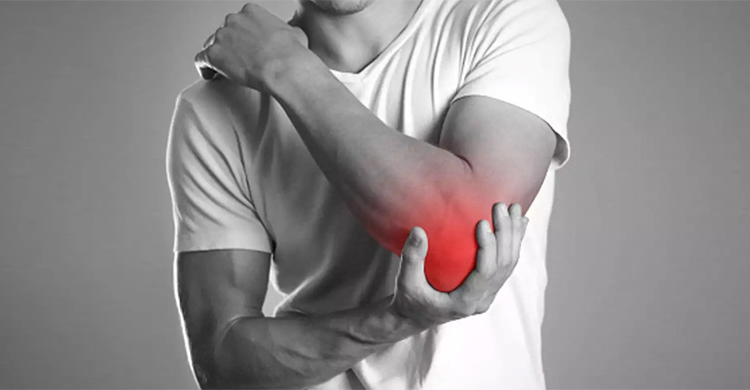Teeth in winter, it’s important to take care of your teeth just like your skin. During this season, old dental problems can worsen. Cold water and drinks can cause toothaches, sensitivity, and gum inflammation. Even exposure to cold air can make tooth pain worse.
The main reason for this is that fibrous foods, especially those containing cellulose, easily get stuck between the teeth and gums. When these foods stay stuck for a long time, both the gums and teeth get infected with bacteria, which can lead to mild or severe tooth pain. This problem is more common in winter. Therefore, taking care of your teeth in winter is essential.
Let’s see what you should do to prevent this:
- You should brush your teeth regularly, twice a day—once before going to bed and once after having breakfast in the morning.
- Brush your teeth properly. Avoid brushing in a back-and-forth motion, as this can wear down your teeth. Instead, brush gently in an up-and-down motion.
- For the lower teeth, brush from the gum line upward. Similarly, for the upper teeth, brush from the gum line downward.
- Brushing for one and a half to two minutes is sufficient. Brushing for longer can cause tooth wear.
- After lunch, make sure to rinse your mouth thoroughly.
- You should replace your toothbrush every two months and your toothpaste every three months.
What to do if there’s a problem:
- Temporarily reducing tooth pain is not a treatment. Always prioritize proper dental care for long-term health.
- If your gums bleed while brushing or at any other time, you may need to get a dental scaling to remove plaque buildup.
- If you experience tooth pain or sensitivity after eating or at any other time, don’t delay in consulting a dentist.
- To reduce sensitivity, you should use a good fluoride toothpaste.
- Sometimes, neglecting or overusing a toothbrush can lead to tooth wear. In such cases, fillings and coatings are required to restore the damaged areas. If the wear is extensive and pain starts, a root canal treatment may be necessary.
- You should visit a dentist at least twice a year. This will allow the dentist to identify any issues with your teeth and provide appropriate solutions.
Things to avoid:
- Do not apply a hot compress if you have a toothache. You should use ice. However, you can rinse your mouth with warm saltwater.
- There is no such thing as “tooth worms.” Therefore, this misconception should be avoided.
- Do not use your teeth to cut nails. This can cause tooth damage.
- Do not use your teeth to open the cap of cold drinks bottles.
- Avoid soft drinks, betel, and addictive substances as much as possible.
Conclusion
In winter, taking care of your teeth is crucial due to increased sensitivity and potential infections. Regular brushing, proper technique, and dental checkups are essential. Avoid harmful habits, such as using teeth to open bottles or consuming excessive soft drinks. If you experience pain, consult a dentist promptly. By maintaining good dental hygiene, you can prevent winter-related tooth issues and ensure long-term oral health.

